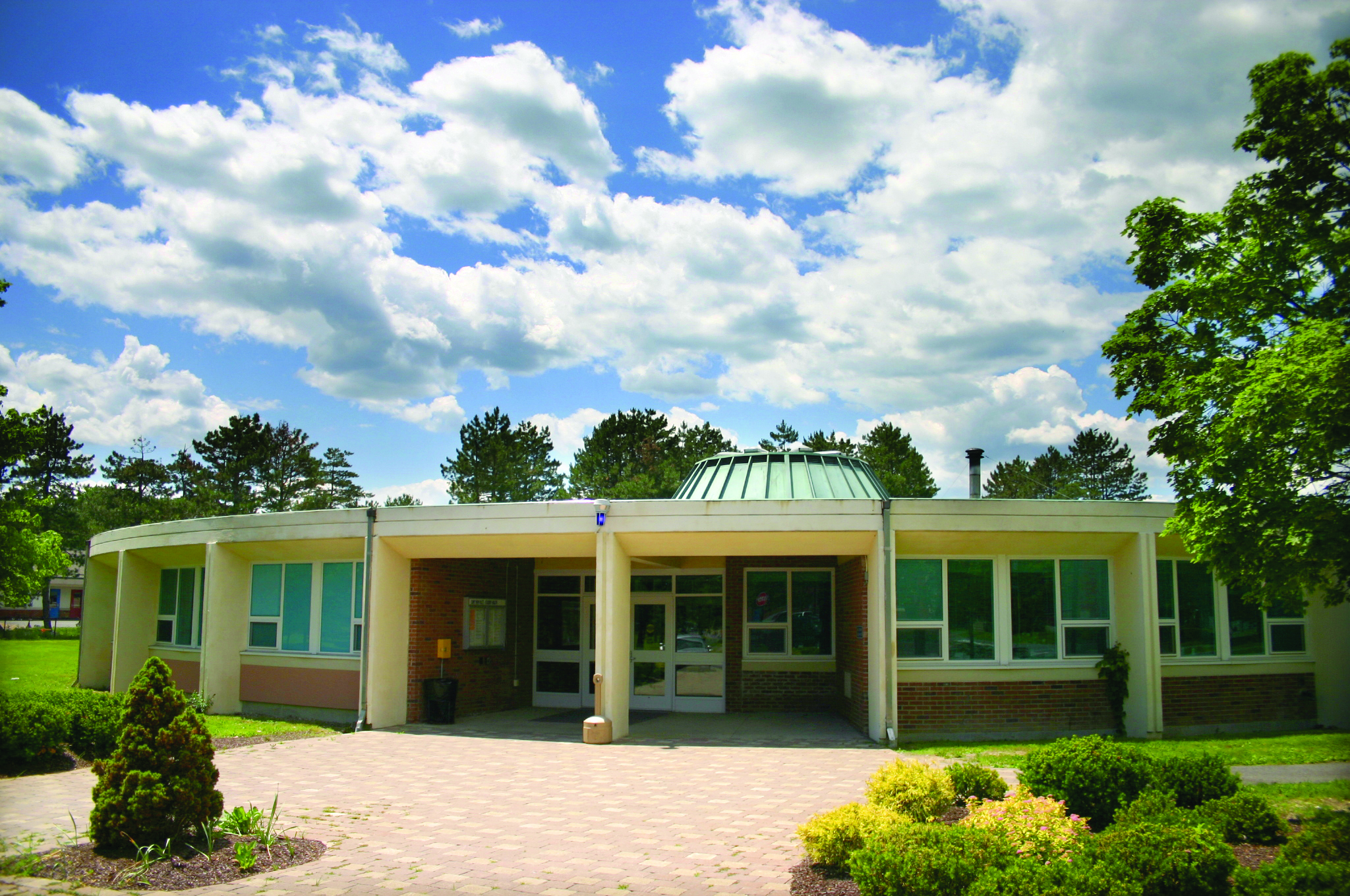LGBTQ consultation at Health & Counseling Center stresses acceptance and accommodation
The SUNY New Paltz Student Health & Counseling Center (HCC) hosted a consultation with an expert in the challenges and prejudices faced by members of LGBTQ communities.
Lauren Gordon, cultural diversity trainer/educator with the Hudson Valley LGBTQ Community Center with a long history of working with LGBTQ agencies and causes in the Hudson Valley and New York City, visited the HCC to speak with medical and administrative staff about what they are doing well and where they can make changes to ensure that all of their patients feel comfortable and respected when seeking health services.
“I was warmly welcomed in my meeting with the staff at the Student Health Center and felt they are well in the process of providing access to the Lesbian, Gay, Bisexual, Transgender, Queer/Questioning communities of SUNY New Paltz,” Gordon said. “Members of these communities need to feel safe to trust their health care providers, to feel respected and not to feel shamed or judged. These are goals I feel the Student Health Center shares for all their patients, including the LGBTQ communities of the university.”
Gordon’s visit is in keeping with recommendations submitted to the campus community in 2014 by the LGBTQ Task Force, which was charged with identifying areas for improvement of the campus climate for LGBTQ students, faculty and staff at New Paltz. Among the Task Force’s high-priority recommendations was the inclusion of external consultants in the process of reviewing and updating departmental policies that might affect LGBTQ community members.
Gordon offered insight into the history of LGBTQ individuals’ lack of access to health care relative to other populations. She noted that while overt discrimination policies that contribute to this condition have been replaced or overturned in many U.S. jurisdictions, some more subtle prejudices still have an impact on people’s decision to seek care, and still need to be combatted by those on the front lines of the medical profession.
“It’s upsetting to me as a medical professional to think that someone might choose not to seek needed medical care because they don’t want to answer certain questions or be made to feel uncomfortable,” said Lori Mitchell, assistant director of the Department of Student Health Service. “We are trained to be accepting of different cultures, lifestyles and identities, but we always stand to benefit from thinking about how to make our patients more comfortable.”
The HCC already has measures in place to ensure the comfort of everyone who comes through its doors, including strict discretion and confidentiality policies and a bathroom designated for use by transgender individuals, but Gordon offered some new ideas for how to better accommodate LGBTQ patients.
She encouraged HCC staff to imagine situations that can arise when a student’s preferred name does not match the one that appears on records of medical history, suggested the avoidance of gendered pronouns when possible and proposed that HCC administrators work directly with LGBTQ students and student organizations to address other matters that may arise in the Health Center.
More information about LGBTQ issues at New Paltz, including the full LGBTQ Task Force report, is available online.

